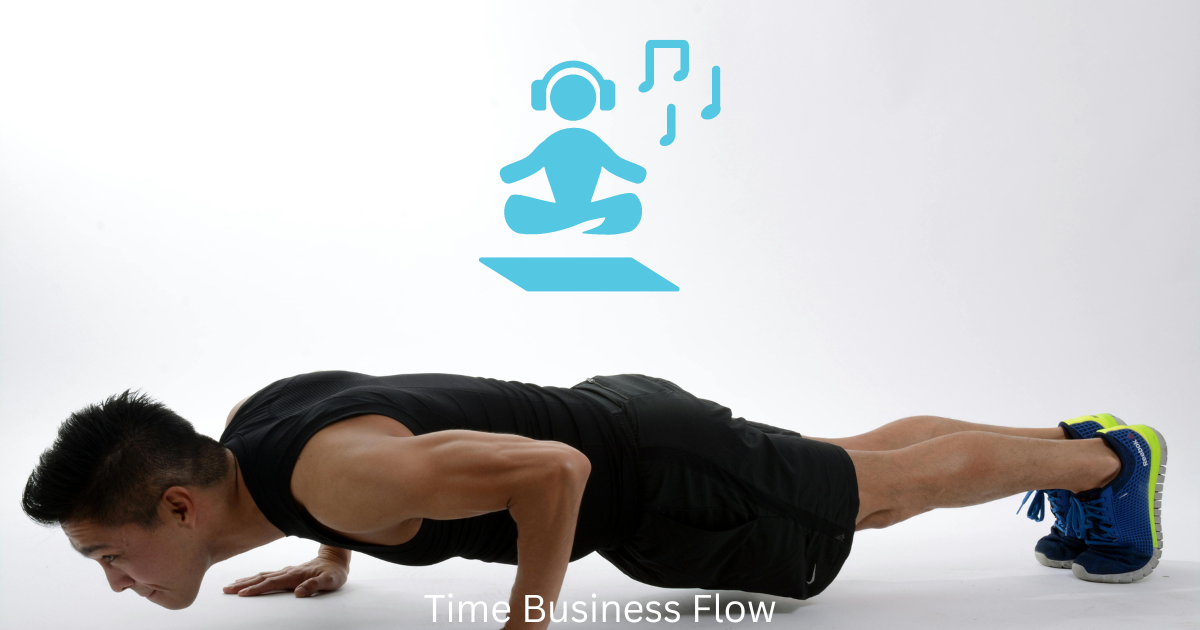As we seek apparent health, we regularly neglect the significant impact of mental prosperity on our general prosperity. The coordinated, fastidious activity program consolidates yoga’s advantages with the examination’s psychological clearness. These are fundamental stages to accomplishing equilibrium and congruity in your everyday work. Integrating Yoga and Meditation into Your Routine

1. Create a Dedicated Space
Pick a peaceful space in your home to use as your care region. This ought to be a tranquil region where you might contemplate and do yoga without any other person meddling.
2. Incorporate Breathing Exercises (Pranayama)
The pranayama, or fundamental breathing exercises in yoga, can help you control your energy flow. Breathing techniques like Anulom Vilom and Ujjayi might help you reduce stress and enhance lung function.
3. Take ‘Mindful Movement’ Breaks
Throughout the day, take brief breaks to stretch and move your body consciously. Practicing some yoga poses or taking a short, mindful walk can be sufficient.
4. Meditate Daily
Make time for meditation every day. You can notice a noticeable difference in your ability to focus and relax after only five minutes.
5. End Your Day with Reflection
Before bed, meditate or do accessible yoga positions like Child’s Pose (Balasana) to help you unwind and prepare for a restful night’s sleep.
6. Attend Guided Classes
Take part in classes with guided yoga and meditation to develop your practice and learn the correct techniques.
7. Use Technology Mindfully
Use internet tools and apps to help you practice, but watch out that technology shouldn’t become a distraction.
8. Practice Mindfulness in Everyday Activities
Incorporate mindfulness principles into daily tasks, including cleaning, working, and cooking. Give whatever you’re doing your whole focus and bring your attention to the here and now.
9. Keep a Journal
Keep a journal of your travels. Observe how your physical health, mental acuity, and emotional mood change as you persist with your mindful fitness regimen.
Including yoga and meditation in your exercise routine helps you develop a more substantial, resilient body and a calmer, muscular mind. Accept this path to mindful fitness, and observe how it changes every facet of your life.
How can I stay motivated to exercise?
Set Clear and Achievable Goals
As you start your fitness journey, ensure your goals are specific and doable. Having clear goals aids in sustaining focus and motivation.
Find Enjoyable Activities
Experiment with different exercises until you find something you enjoy doing. Engaging in activities you want doesn’t have to make staying active seem like a job.
Create a Routine
Make a regular exercise routine that works with your everyday activities. Consider exercise as necessary as eating and sleeping in your daily regimen.
Mix It Up
To keep your workouts interesting, switch them around. Mix in different exercises, lengths of time, and intensities to keep things fresh.
Get Support
Spend time with people who will help and motivate you to reach your health objectives. Allies can provide a source of incentive, accountability, and togetherness.
Track Your Progress
Record all of your accomplishments, no matter how minor. You might become more motivated and reaffirm your commitment by visualizing your development.
Reward Yourself
Enjoy your accomplishments and advancements along the way. When you reach your fitness goals, indulge yourself in small treats.
Focus on the Benefits
Remind yourself of the numerous benefits exercise has for your body and mind. Focusing on the advantages can help you regain drive.
Accept Responsibility
Work with a personal trainer or share your objectives with others to hold yourself accountable. There’s extra motivation when you know that other people share your goals.
Practice Self-Compassion
Recognize that failures are common, and treat yourself with kindness. Prioritize your growth above lingering on your alleged shortcomings.
Find Inspiration
Look for motivation in various places, such as inspirational sayings or tales of accomplishment. Having motivational content around you can help keep you motivated.
What are the 7 main benefits of mindful meditation?
Numerous advantages for mental and physical well-being are provided by mindful meditation. These are the top seven advantages:
- Lowers Stress: It is well established that mindful meditation lowers cortisol, a stress hormone that reduces stress levels.
- Controls Anxiety: People with medical issues that are aggravated by stress can experience less anxiety by practicing regularly.
- Enhances Emotional Health: It can result in a better sense of self and a more optimistic attitude toward life.
- Boosts Self-Awareness: Mindfulness can make you more aware of your actions than just reacting to them.
- Lengthens Attention Span: Concentrated attentional training can increase your attention’s vigor and resilience.
- May Reduce Age-Related Memory Loss: Regular meditation practice can help you become more focused, improving your memory and mental clarity.
- Can Produce Kindness: Certain forms of meditation have the potential to enhance mood and induce positive-thinking-related behaviors.
Conclusion
At last, you might move toward wellbeing comprehensively by integrating yoga and reflection into your activity routine to feed your body, brain, and soul. These careful exercises work on close-to-home flexibility, inward serenity, and mindfulness, fortifying and extending the body. Embracing cognizant wellness can prompt a significant change and more peaceful, healthy lifestyles for people. Laying out these practices as a lifestyle can give the establishment supported prosperity.










